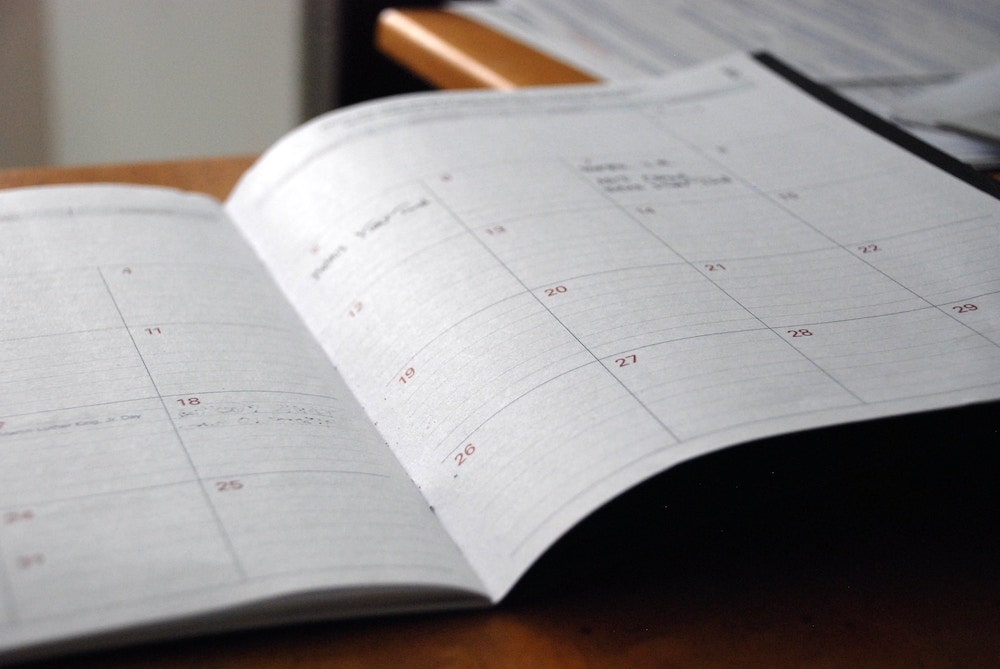Learning an instrument is a rewarding and fulfilling experience, but it can be tough to know where to start. If you’re looking for guidance, the first step should be finding the right teacher. By taking into account factors such as their qualifications, experience, and availability, you can ensure that your lessons will help you reach your goals in music. In this blog post, we will discuss some tips for how to find the perfect teacher who can help you learn an instrument. We will also look at some things to consider when trying to decide if a teacher is a right match for you. So, whether you’re picking up a guitar, mastering the piano, or perfecting your drums technique—let’s jump in and take a look at how to find the right teacher for you.
1) Ask For Referrals
Ask friends and family for recommendations for teachers in your area. They may have had some experience with a particular teacher or have heard great things about them from other people. You can also look for the help of professionals like Musicion, who can help you find teachers, narrow down your search and match you with the perfect teacher for your needs. Additionally, music schools, local churches, and community centers are all great places to look for referrals. They usually know of some great teachers and can point you in the right direction. You can also consider using social media to get some reviews of teachers and classes in your area. For example, some schools and teachers may have a Facebook page or Instagram account where you can read reviews from students and parents. This will help you gain insight into the teacher’s style and qualifications. It will also give you a better idea of what kind of lessons you can expect.
2) Experience
Before signing up for classes, make sure that the teacher has experience in teaching the instrument you’re looking to learn. A great way to do this is to ask for references or look at previous student reviews. Additionally, you can research their credentials by checking out their website or social media profiles and reading up on awards they might have won or the music they’ve created. Furthermore, you can ask them questions about their experience. This will help you make sure that they have the know-how and expertise to teach you what you need to know.
3) Check If They Offer A Free Introductory Class
Some teachers offer a free introductory class, which can give you an idea of what the lessons will be like. If this option is available, take advantage of it and ask plenty of questions. This way, you can get a feel for their teaching style and make sure that it fits with your learning style. You can also ask about how they plan to help you reach your goals in music, as well as the types of feedback they offer and whether or not you’ll be able to work on music outside of class.
4) Ask Different Questions
 When looking for a teacher, it’s important to ask different questions than just, “Do you teach this instrument?” Asking about their teaching methods, techniques, and goals for their students can help you determine if they’re the right fit for you. Other questions include things like, “What kind of feedback do you offer?” “How often are lessons held?” or “Do you have any special techniques that help students learn better?” You should also ask what materials they use and if they provide any sort of performance opportunities.
When looking for a teacher, it’s important to ask different questions than just, “Do you teach this instrument?” Asking about their teaching methods, techniques, and goals for their students can help you determine if they’re the right fit for you. Other questions include things like, “What kind of feedback do you offer?” “How often are lessons held?” or “Do you have any special techniques that help students learn better?” You should also ask what materials they use and if they provide any sort of performance opportunities.
5) Do They Fit Your Budget?
The cost of music lessons can vary depending on the teacher, type of instrument, and time commitment. Make sure that the teacher fits into your budget before signing up for classes. Some teachers may offer discounts or payment plans to make the cost of lessons more manageable. If you’re on a tight budget, consider looking for group classes or online courses that can be more affordable than private lessons.
6) Do Your Schedules Match?
 Make sure to ask about availability and discuss scheduling options before committing to a teacher. Since you both have busy lives, you need to make sure your schedules match before signing up. Find out what days and times they offer classes and if there is any flexibility in the timing. Many teachers are willing to work with students who have hectic schedules or tight deadlines for competitions or recitals.
Make sure to ask about availability and discuss scheduling options before committing to a teacher. Since you both have busy lives, you need to make sure your schedules match before signing up. Find out what days and times they offer classes and if there is any flexibility in the timing. Many teachers are willing to work with students who have hectic schedules or tight deadlines for competitions or recitals.
By taking the time to do some research and ask questions, you’ll be able to find the perfect teacher to help you learn an instrument. With a great teacher, you can reach your musical goals and have fun while doing it. Good luck!

